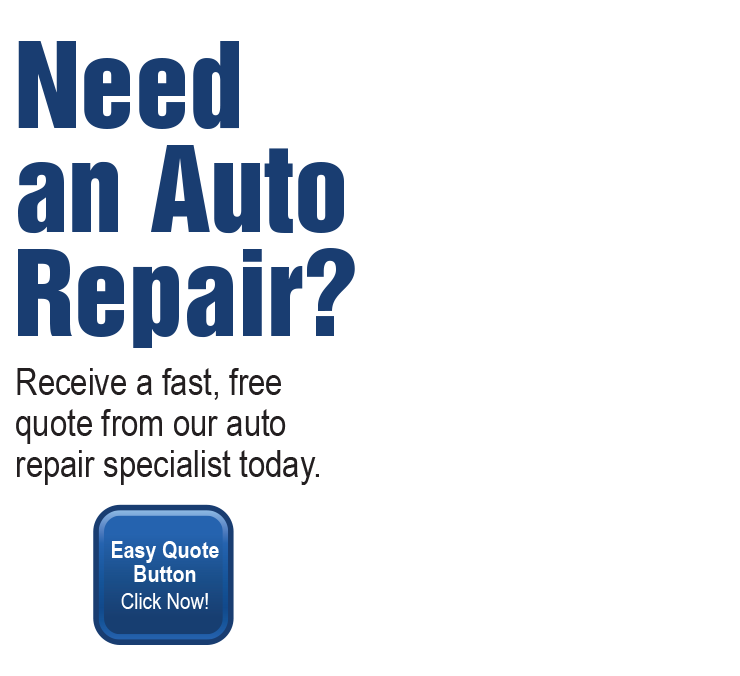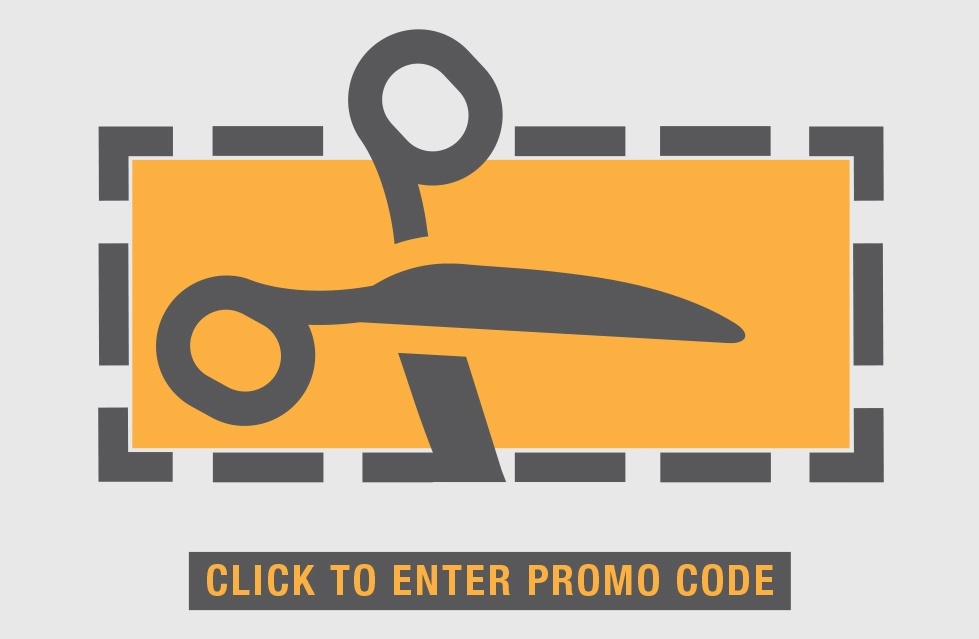Drive Train - What You Need to Know in Walled Lake
April 7, 2019
One Walled Lake automotive service issue that doesn't get much attention is driveline service. Drivelines don't get talked about very much around Walled Lake, but they're very important. First let's define what the driveline is:
Taking a small step back, the power plant is comprised of the engine and transmission. The driveline starts there and includes all of the components that transfer power from the transmission to the wheels.
That's not really a lot of components, but they handle the full force of the engine. Without the driveline you're not moving. So Walled Lake residents need to take good care of it. The driveline components differ depending on whether your vehicle has front wheel drive, rear wheel drive, all wheel drive or four wheel drive. For purposes of our discussion, we're going to have to oversimplify a bit.
If you are ready to have your drive train looked at, give us a call at 800-742-4511.
Let's start with front wheel drive. The point where the transmission stops and the driveline begins is a little blurred with front wheel drive because the transaxle houses both the transmission function and the differential function. The half shafts that send power to each front wheel come out of the transaxle. The shaft is connected to the wheel by a constant velocity, or CV, joint. The CV joint is protected from dirt and water by an airtight, flexible rubber boot.
So, ABC Auto Works driveline service would include properly servicing the transaxle and inspecting the cv boot to see if it's torn or loose. If it is, it needs to be replaced and the CV joint inspected for damage. Repairs may be in order. Besides visual damage to the airtight CV boot, you might hear a clicking noise when turning. Recommended maintenance for the transaxle and CV joints will be spelled out in your owner's manual, or check with your friendly and knowledgeable ABC Auto Works service advisor.
On to rear wheel drive. The driveline for a rear wheel drive vehicle starts with the driveshaft – that long tube that connects the transmission with the differential on the rear axle. Some vehicles in Walled Lake have a two piece drive shaft. The shafts are connected to the transmission and the differential with big universal joints. Most Walled Lake residents have probably heard the term 'u-joints.' These joints can wear out, just like the CV joints in front wheel drive vehicles. You may hear some clunking or feel a jolt when shifting into drive or reverse – if you do, get your driveline inspected at ABC Auto Works in Walled Lake.
The differential on the rear axle sends power out to each rear wheel through half shafts in the axle. The differential fluid needs to be drained periodically and replaced with clean fluid. When the seal on the end of the axle is damaged or leaks, the axle will need to be serviced. The routine maintenance item here is differential service. Be sure to check your owner's manual or Walled Lake service advisor for intervals.
Now let's go on to all wheel drive. Remember that the difference between all wheel drive and four wheel drive is that an all wheel drive vehicle is essentially providing power to all of the wheels all of the time. The vehicle may be able to shift more of the power to the front or to the back depending on where you need traction. All wheel drive vehicles are designed to work well on dry pavement. Even some high-end sports cars from makers like Lamborghini and Porsche have all wheel drive.
Some all wheel drive vehicles are designed to work well off-road in Walled Lake, but all hard-core rock crawlers are four wheel drive. These guys thrive in mud, sand, rocks and hills – but they don't work well on dry pavement when they're in four wheel drive. So they have the option to shift to rear wheel drive only on dry pavement.
Most all-wheel drive vehicles are very similar to front wheel drive when it comes to the front end. They also have a center differential that transfers power to the rear differential. Connecting it all is a shaft from the transaxle to the center differential and another from the center differential to the rear differential. So all of the normal front wheel drive service is recommended as well as service to the center and rear differentials.
Four wheel drive can be thought of as a rear wheel drive vehicle that can also send power to the front axle. There's a transfer case in the middle of the vehicle that can be shifted to send power through a drive shaft to a differential on the front axle. So Walled Lake residents need differential service for the front and rear differentials and for the transfer case as well.
The bottom line for Walled Lake residents is that the maintenance schedules are in your owner's manual. Your Walled Lake service advisor can answer any questions you've got. If this is the first time you've heard some of this stuff – it's time to ask someone at ABC Auto Works if any of it needs to be done now.
ABC Auto Works
127 E. Walled Lake Drive
Walled Lake, Michigan 48390
800-742-4511
Need Service?
More articles from ABC Auto Repair & Tire Center

Smooth Operator (Shocks and Struts)
March 2, 2025
Few of us ever drive somewhere without encountering some pretty rough roads, and it's amazing how well our vehicles are able to smooth out the ride. Thank your shocks and struts. The two parts are similar. Some cars have shocks in the rear, and struts in the front. Others have struts all around... More

Lubricate Driveshaft
February 23, 2025
See if any of these are happening to your vehicle. You feel it vibrating excessively underneath when its running, or you hear strange clunking, grating, or grinding sounds coming from beneath. Maybe its hard to turn your vehicle, or you can hear squeaking when youre going slow. Perhaps you fee... More

Bump in the Road (Alignment)
February 16, 2025
There's something you can do that helps your tires last longer, wear more evenly and your vehicle handle better. "Sign me up," you say! Wondering what that is? It's aligning your wheels, and it will literally point you in the right direction when it comes to a better and safer driving experience... More










